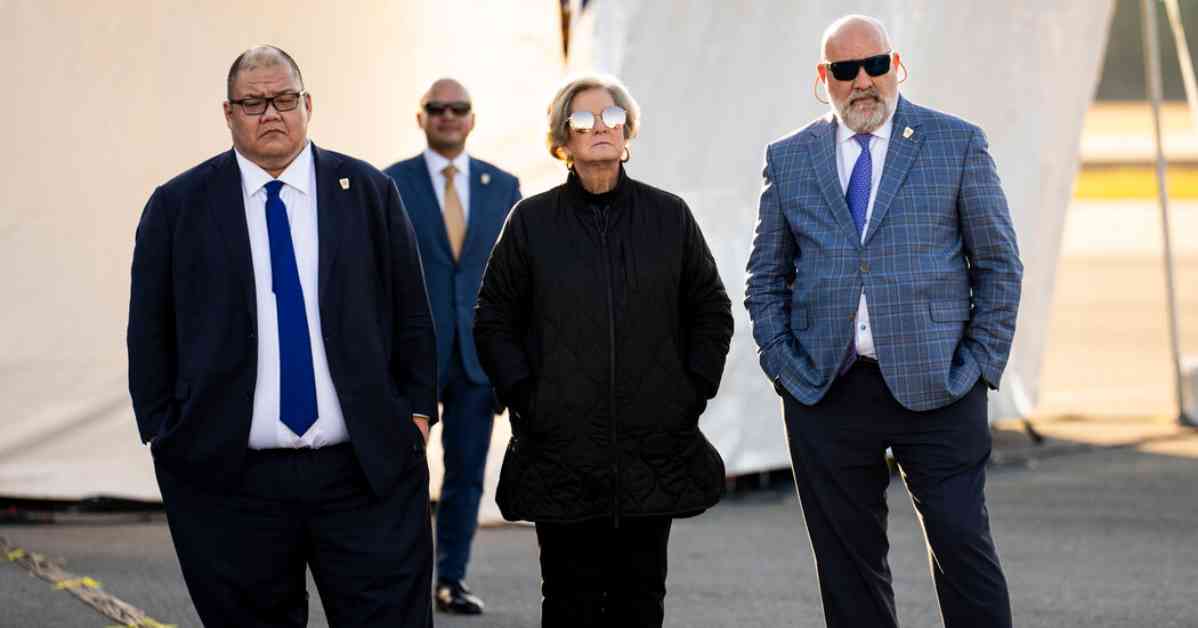Before managing Donald J. Trump’s campaign, Susie Wiles worked as a lobbyist for a tobacco company and a mining project, among other clients. Her appointment as Mr. Trump’s chief of staff in his second term suggests that his administration may not be as hostile to special interests as his campaign promised.
Ms. Wiles, a seasoned strategist and lobbyist, played a key role in assembling Mr. Trump’s new executive office and has already been active in shaping the administration’s agenda. Despite her background as a lobbyist, she officially ended her ties with Mercury Public Affairs earlier this year after being named chief of staff on Nov. 7.
The practice of appointing former lobbyists to high-level government positions is not new and has been done by presidents from both parties. However, it has raised concerns among government ethics groups. One such group, Public Citizen, has called for Ms. Wiles to recuse herself from policy matters that could impact her former clients.
The revolving door between lobbying and government positions has been criticized for potentially creating conflicts of interest. While some argue that lobbyists bring valuable expertise and understanding of the intersection of politics, business, and government, others worry about the influence of special interests on government decision-making.
As Mr. Trump’s second term begins to take shape, the role of Susie Wiles as chief of staff will be closely watched. Her background as a lobbyist and her connections to various special interests will undoubtedly play a role in shaping the policies and decisions of the administration.
It remains to be seen how Ms. Wiles will navigate the complex landscape of government, politics, and business in her new role. As the Trump administration moves forward, the influence of special interests and the actions of former lobbyists in key government positions will continue to be a topic of debate and scrutiny.

